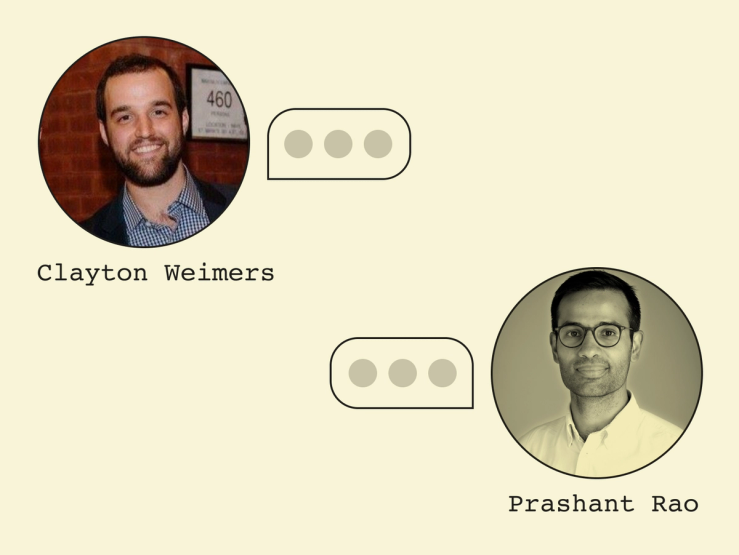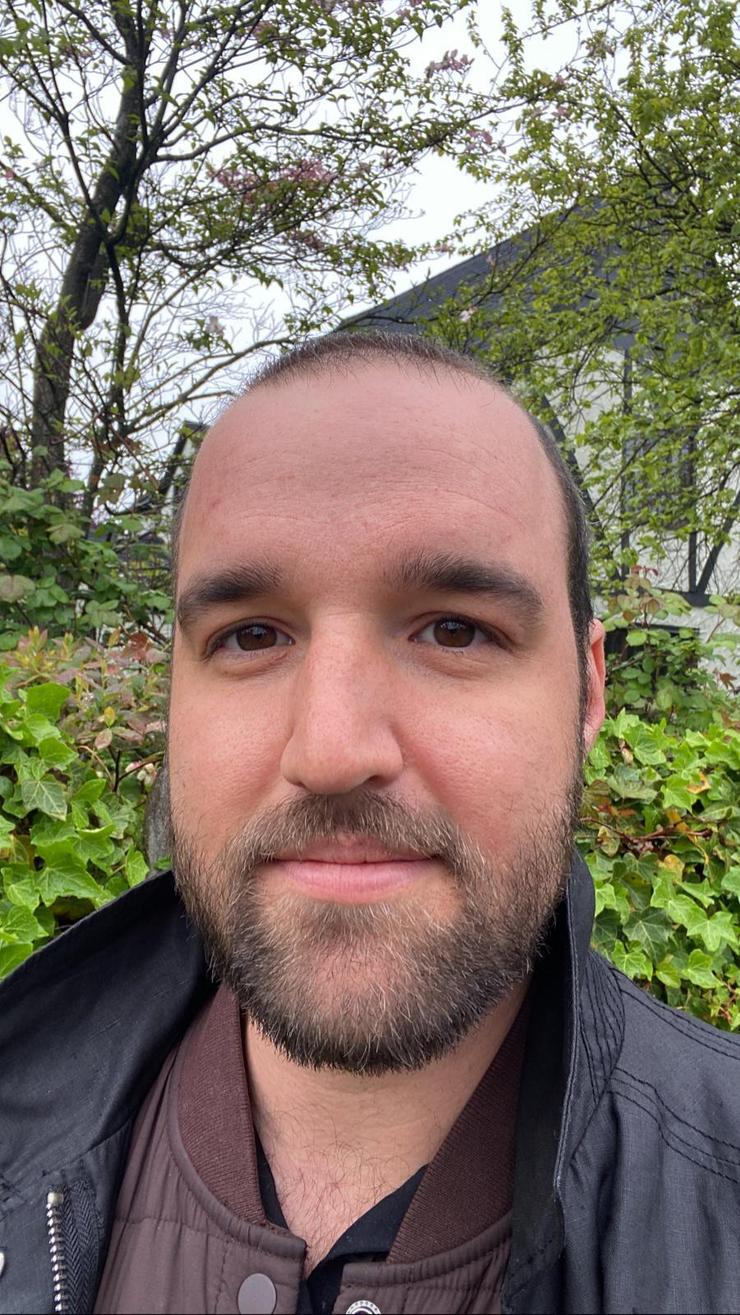10 Minute Text

‘There are virtually no guardrails’: A press-freedoms watchdog discusses the threat from AI in media
On World Press Freedom Day, Clayton Weimers, the head of Reporters Without Borders (RSF) in the U.S., texts with me about the threat to media from artificial-intelligence platforms, the point of Russia’s propaganda war, and what countries with free presses have in common. , out today.
Prashant Rao said:
P: Hey Clay, thanks for doing this. Hope the day is going alright.


Clayton Weimers said:
C: Good so far! Thanks for having me.
Prashant Rao said:
P: Your annual report focuses in on the risk from AI-created fake news and images. So, with that in mind, can you send me a selfie to prove you are who you say you are?


Clayton Weimers said:
C:

Prashant Rao said:
P: I mean, that could’ve been created on Midjourney for all I know, but I’ll take your word for it.


Clayton Weimers said:
C: It’s true! I could just tell it to create an image of an NGO employee and maybe that’s what you’ll get. It’s incredibly hard for anyone to tell the difference, which is exactly the problem.
Prashant Rao said:
P: What makes you and RSF so concerned about AI-created fake news and news reports now? Has the technology just gotten to a point of production values and believability, or is there something else to it?


Clayton Weimers said:
C: The quality of fake content has gotten sophisticated to the point where it is very difficult to tell it apart, whether it’s AI-generated articles or images. On top of that, the tech is outpacing the regulation, so there are virtually no guardrails in place.
Prashant Rao said:
P: You also focus on the propaganda battle over the Russian invasion of Ukraine. Is there any particular part of the world where you think Moscow has the upper hand? It feels like Kyiv has overwhelmingly won hearts and minds in the West.


Clayton Weimers said:
C: Russia has largely sealed off its information space internally by pushing out independent journalism and crushing dissent, so the state has a near monopoly hold on its own narrative. But it’s also important to remember that the point of propaganda is not necessarily to make you believe something that isn’t true, it’s often to sow enough doubt so you believe nothing at all, and that’s a strategy that can have potency anywhere in the world.
Prashant Rao said:
P: That’s a great point.

Prashant Rao said:
P: Final question: It feels like the state of media freedoms is irreparably getting worse. What country or part of the world is making solid progress in the other direction?


Clayton Weimers said:
C: I love to end on a positive note! When you look at the countries at the top RSF’s index, the conditions they have in common are 1) robust funding available for a variety of media and 2) legal protections that guarantee newsroom independence. Political changes can also have positive effects as well, as we’ve seen in Brazil since the departure of Jair Bolsonaro from the presidency--it makes a difference when the leader of a country is no longer constantly assailing the media.
Prashant Rao said:
P: That’s great, thanks Clay!


Clayton Weimers said:
C: Thank you!
